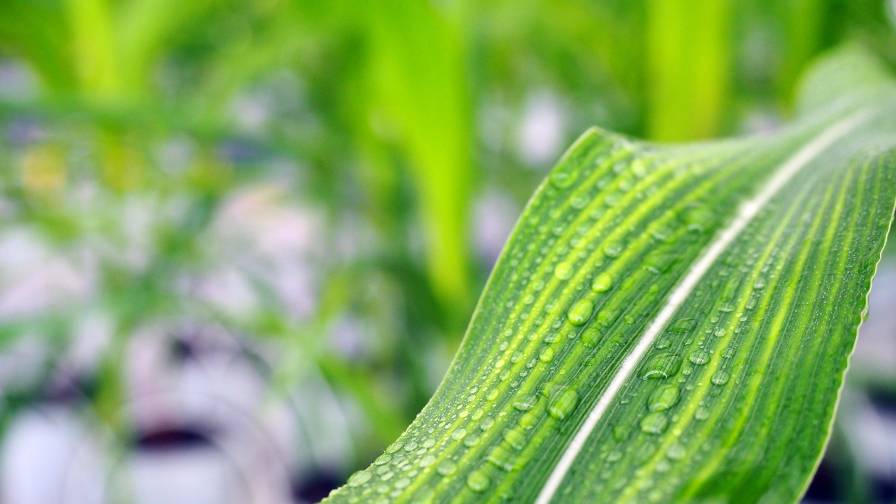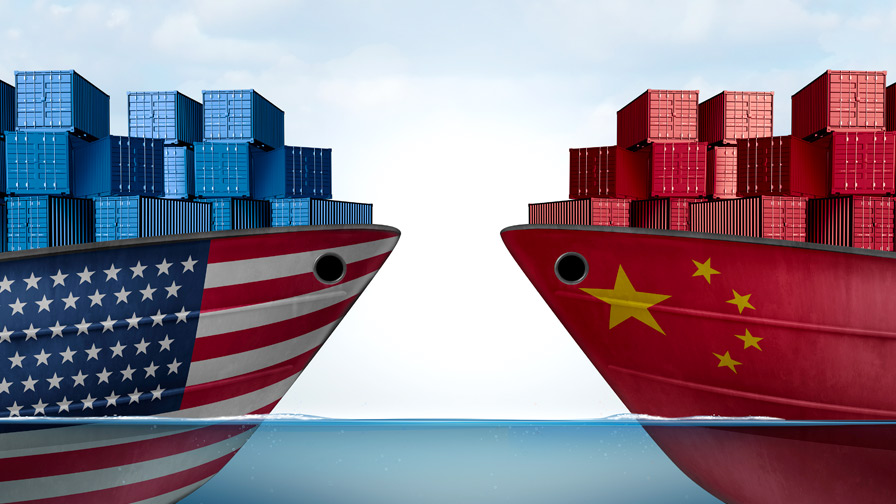Drowning in Ethanol
Ethanol has been in mainstream headlines lately as critics have begun to assault its effect on global food prices and other issues ranging from feeding the world’s hungry to deforestation in South East Asia.
A recent article in the New York Times, numerous leaders of developing countries have begun to assail biofuels because they have stressed the supply of grains, which in turn has driven up the global price for grains — often past the point where the world’s poor can afford to feed themselves.
According to the article, the World Food Bank noted an 83% increase in the past three years. Additionally, deforestation is a concern as farmers begin to take advantage of the prices by growing crops on any piece of land available.
The same article also cited the Kellogg Foundation‘s August Schumacher as saying that the attacks on ethanol are misguided, noting that “many of the upheavals over food prices abroad have concerned rice and wheat, neither of which is used as a biofuel.”
Another leading US newspaper, the Wall Street Journal, while not tying the issue into biofuels, observed the soaring price of food, stating that:
- In New Zealand, farm wages are up as much as 20%, and the average price of a dairy cow jumped to more than US $1,900, or almost double last year’s average.
- In Thailand and Indonesia, farmers are complaining about steep increases in fertilizer and diesel fuel costs.
- In the US Midwest, the cost of land, energy, and inputs have all jumped. The price of diammonium phosphate (DAP) reached about $1,200 a ton, up from about $450 last year.
While analysts still debate possible outcomes to these food price increases, most agree that there are no signs of any upcoming decreases (unless the US economic slowdown triggers a global recession).
This puts more pressure on the crop protection industry to deliver solutions. If the world’s food and fuel demands are going to be met, it will mean creating an agriculture that is as efficient and productive as possible.
At the moment, we may just be scratching the surface of the ultimate effect that biofuels and rising crop costs and prices have on the world. But one thing is for certain: our ability to expand area is almost fully spent. If the food supply is going to be maintained in the face of rising demand and higher producer costs, it is going to require, and deepen the world’s reliance on, a lean and capable crop protection industry.





